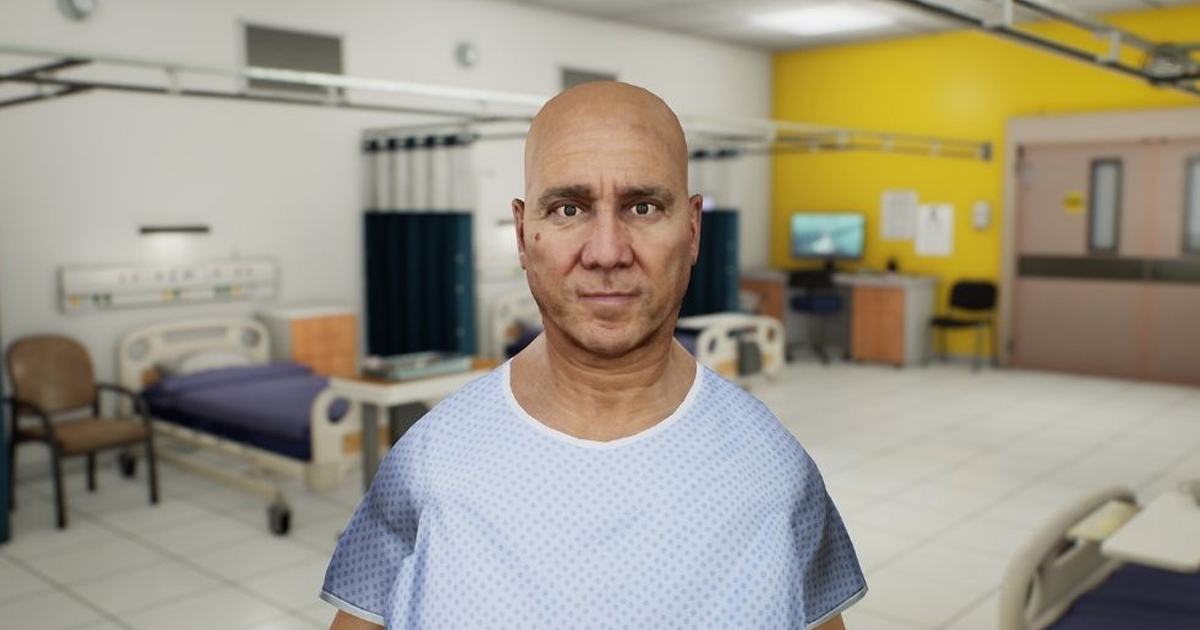In the article Digitizing clinic trials, published in Nature on July 31 of that year explains the need to rethink the current system of clinical trials and how it would benefit the path to digitization
Clinical trials are a critical part of the evaluation process in new medicines and medical devices. The concept of "digital clinical trial" implies, according to the article involves “leveraging digital technology to improve participant access, engagement, trial-related measurements, and/or interventions, enable concealed randomized intervention allocation, and has the potential to transform clinical trials and to lower their cost.”

According to the article, traditional clinical trials can hinder research processes and the realization of a knowledge base. because they generate higher costs and workload and are also longer. In addition, it limits the possibility of patients to be part of clinical trials by giving preference to those closest to the site of the trials.
But what differentiates digital clinical trials? Digital clinical trials use information technology to improve recruitment, retention, data collection and of course analysis of results.
The key elements of a trial are: Digital Recruitment and Retention, Digital Health Data Collection and Digital Analysis through an interoperable machine learning and artificial intelligence system. “Digital technology can improve trial efficiency by enhancing and supporting the role of investigators and study teams,” authors explain in the publication.
There is even thanks to technology the ability to conduct clinical trials remotely, when it comes to diseases or medicines that do not involve serious diseases: “Many trials can be done entirely without in-person visits and in some cases, participants might not even meet their study teams. However, trials that that involve serious illnesses, extensive procedures like advanced imaging and biopsies and interventions with significant risk will require close monitoring and oversight by competent clinicians and investigators,” A digital trial promotes universal health by enabling access to participants from different parts of the world and also enabling efficient, real-time remote monitoring.
Even during the pandemic such practices have been of paramount importance in testing possible medications and their clinical outcomes. Research has been conducted, for example, with the results of testing hydroxychloroquine with asymptomatic volunteers for five days, after analysis of the results the research was published 90 days later.
In addition, digitizing clinical trials also involves other types of Digital Health tools, such as Electronic Clinical Records (ECE), mobile devices, and applications with geolocation or symptom logging functions.
Among the potential elements of potential action, the authors suggest: Ensure trial technology tools are accessible for people with low digital and reading literacy, develop validation models for new devices and analyses using existing trials and tools, develop common standards for data collection and transmission and the use of standard data elements and, bring broadband and Wi-Fi access to rural communities, among other potential action items and research opportunities.
To read the full article go to the following link: https://www.nature.com/articles/s41746-020-0302-y#Sec14






